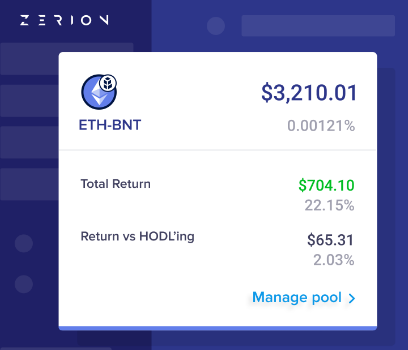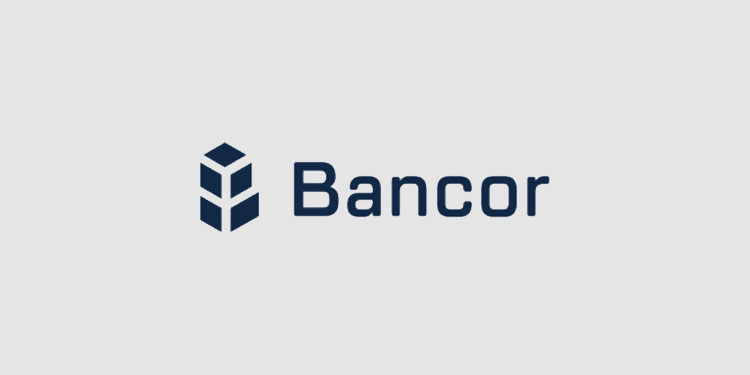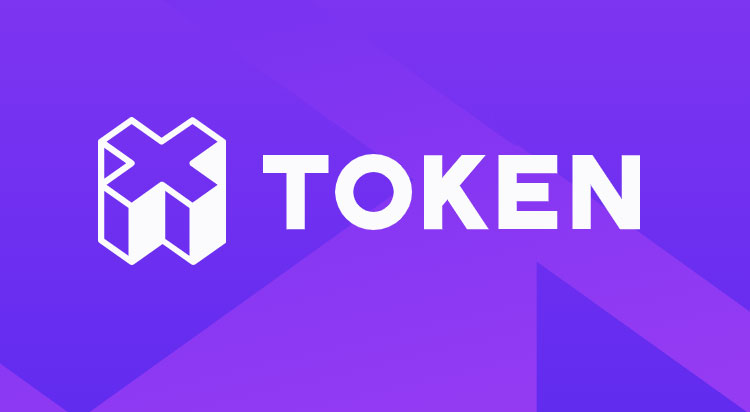Bancor, an on-chain liquidity protocol that enables automated, decentralized exchange, confirmed that by the end of this week, thousands of new liquidity providers will be born, and Bancor will have taken one step closer to becoming a DAO.
Users who held Bancor (BNT) during the New Year’s Eve snapshot will now start receiving ETHBNT in their wallets. Holders of ETHBNT will begin earning fees from ETH-based trades on Bancor. All users included in the snapshot will receive the airdrop no later than tomorrow, January 10th.
The airdrop achieves several key milestones to the Bancor Protocol by:
- Decentralizing liquidity sources across thousands of unaffiliated users
- Shifting BNT from a dynamic supply to a fixed supply token
- Allowing BNT to evolve into an inflationary token that supports liquidity provider rewards
“As we announced in September, Bancor is on a path to becoming a DAO and the airdrop is a key milestone in that journey. We’ll soon kick off an open community discussion on BNT inflation and the process by which token holders can regularly vote on the rate of inflation, recipients of inflation and other attributes of the protocol. We believe Bancor’s use of a protocol token (BNT) is a key advantage, and there is huge potential to create a powerful incentive structure — driven by trading fees, inflation, and governance — that attracts more liquidity providers to the protocol by increasing ROI on strategic pools in the network.”
– The Bancor Team
What is ETHBNT?
Holding ETHBNT is equivalent to staking on the Bancor Protocol — entitling holders to a proportional share of trading fees from ETH-based transactions on the network. Users can now track and manage ETHBNT and other Bancor pool tokens on Zerion, 1inch, Paraswap, CoTrader, and EOS Nation.

Like all liquidity pools on Bancor, ETHBNT automatically collects fees from trades on Bancor. The ETHBNT liquidity pool is initially configured with a liquidity provider fee of 0.1% — meaning ETH-based trades, such as ETH <> DAI, generate a 0.2% fee for ETHBNT liquidity providers, since they require two hops (e.g., ETH <> ETHBNT <> DAI).






















